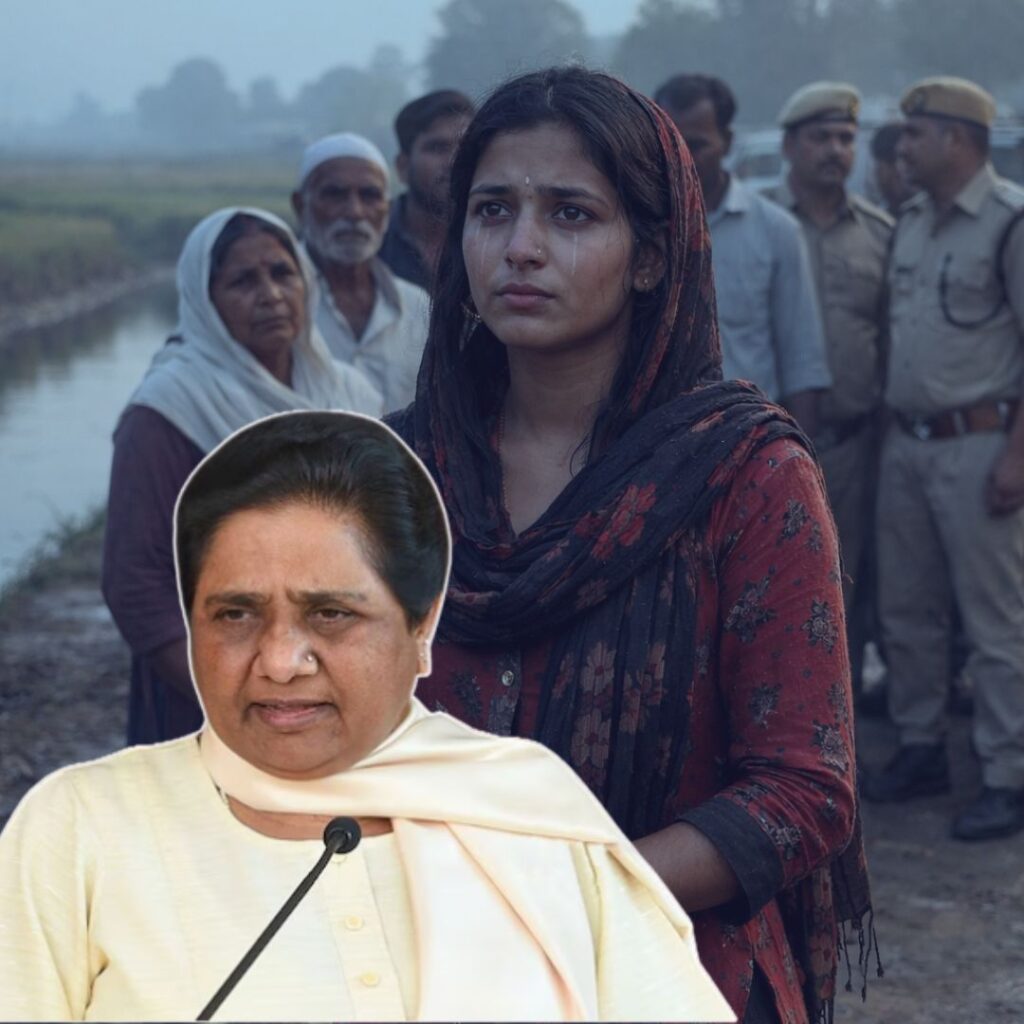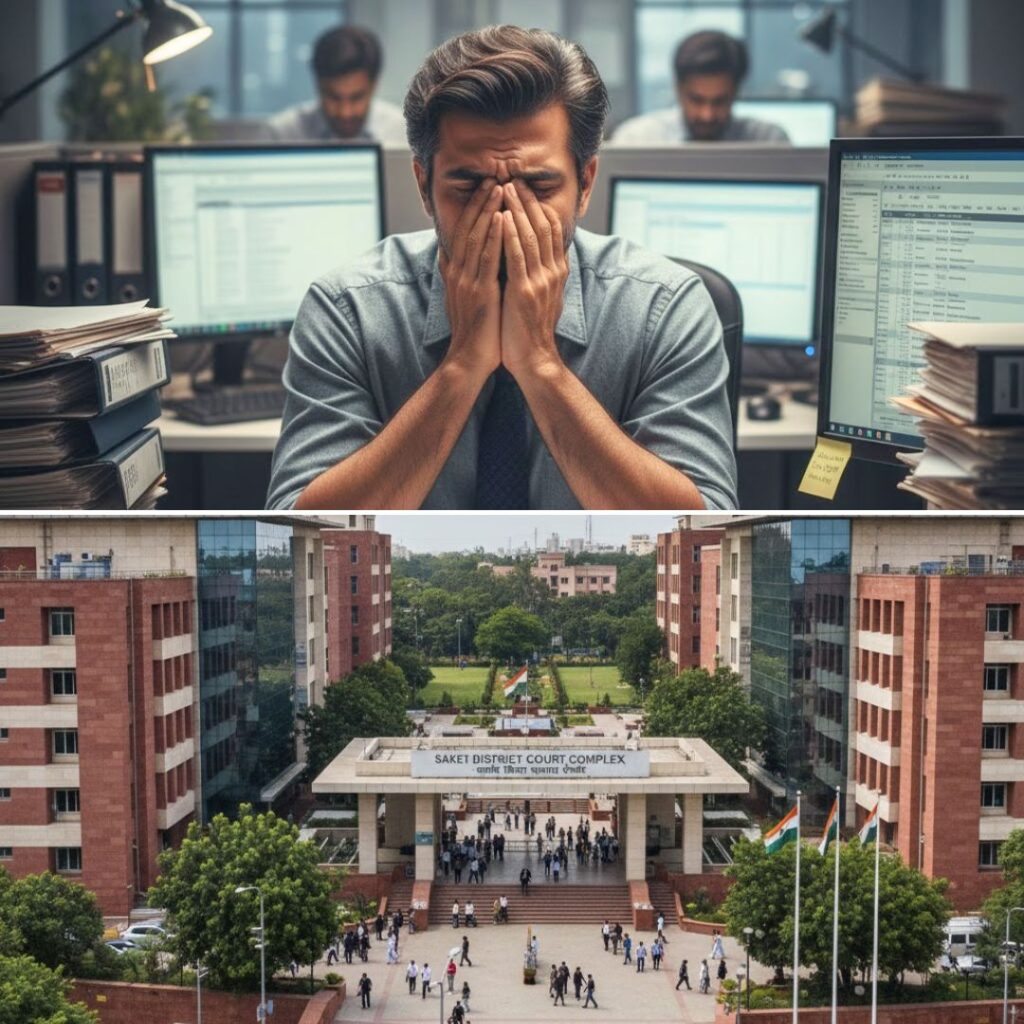Bengaluru is currently witnessing a significant surge in viral flu-like infections amid the monsoon season, with doctors reporting between 8 to 20 new cases daily.
Health experts describe this season’s flu as notably more debilitating and prolonged compared to previous years, pressing concern for both families and healthcare providers across the city.
This rise coincides with seasonal weather changes, a dip in temperature combined with increased moisture and fluctuating humidity levels , that create favourable conditions for viral spread and respiratory complications.
Medical Experts Highlight More Severe and Lingering Symptoms
Experts say that nearly 90% of patients visiting clinics present symptoms such as cough, cold, and high-grade fever, with some requiring intravenous treatment due to the severity of their condition.
The transition from dry weather to sudden moisture increases has worsened infections, leading to prolonged illness durations. Doctors also observe that students have been particularly affected, resulting in temporary school closures to control outbreaks. Medical professionals further note a rise in upper respiratory infections and allergic wheezing triggered by seasonal shifts.
These infections spread rapidly in closed environments, such as classrooms or air-conditioned spaces, especially when proper precautions like mask-wearing are not followed.
Prolonged Illness Linked to H3N2 and Other Influenza Subtypes
Complementing Bengaluru’s reports, data from Pune show a rise in ‘long flu’ cases, where symptoms like cough, fatigue, and body aches persist beyond the typical 3-5 day flu recovery period.
Infectious disease experts in Pune attribute many prolonged cases to infections by influenza A subtypes such as H3N2 and H1N1 (Swine flu). Dr Ameet Dravid from Noble Hospital explained that H3N2 infections generally take longer to recover, with symptoms lasting over four weeks, requiring careful management.
Pediatricians in Pune have also noted an increase in flu cases among children with severe symptoms including dehydration and vomiting following initial fever and cold, often accompanied by cluster family infections. This pattern reflects the complexity of ongoing viral activity multiple cities are experiencing this monsoon.
Official Advisory and Preventive Measures
The National Centre for Disease Control and local health authorities have reiterated general precautions given the rise in flu cases. They urge residents to stay warm, avoid getting wet in monsoon rains by using umbrellas or raincoats, and consume warm or room-temperature meals to support immunity.
Respiratory hygiene remains critical, covering the mouth while coughing or sneezing, wearing masks in crowded or enclosed spaces, and avoiding unnecessary exposure to communal indoor environments are regularly advised. Early recognition of symptoms and prompt medical consultation can prevent complications such as pneumonia.
The Logical Indian’s Perspective
The current spike in viral infections in Bengaluru is a reminder of the crucial interplay between environmental factors and public health. While healthcare professionals are on the front lines managing cases and guiding treatment, it is equally important for citizens to engage actively in preventive practices.
Wearing masks, maintaining personal hygiene, and supporting community health initiatives build collective resilience against seasonal illnesses. The Logical Indian believes that nurturing empathy and cooperation among residents can reduce the strain on healthcare infrastructure and protect vulnerable groups, including children and the elderly.












